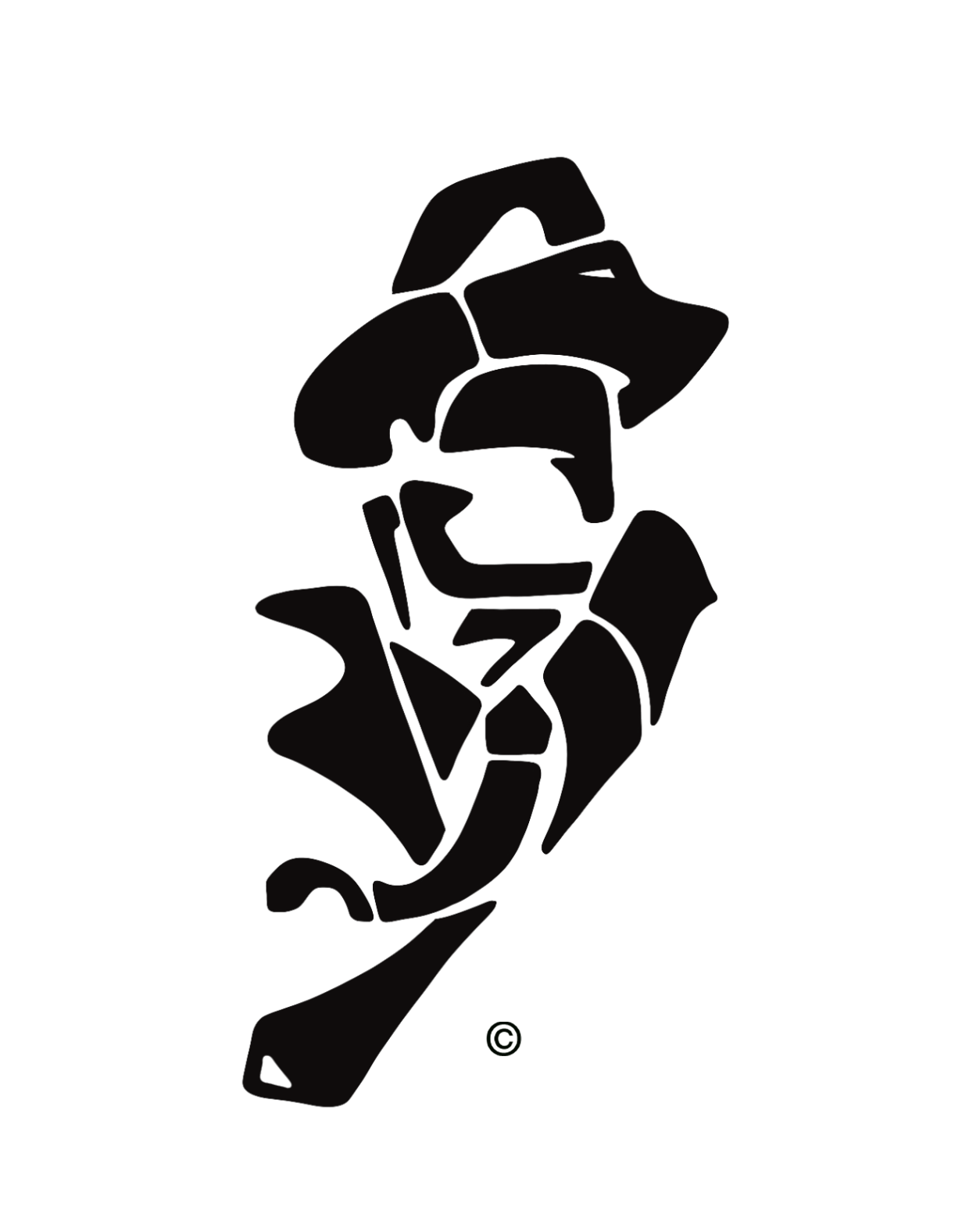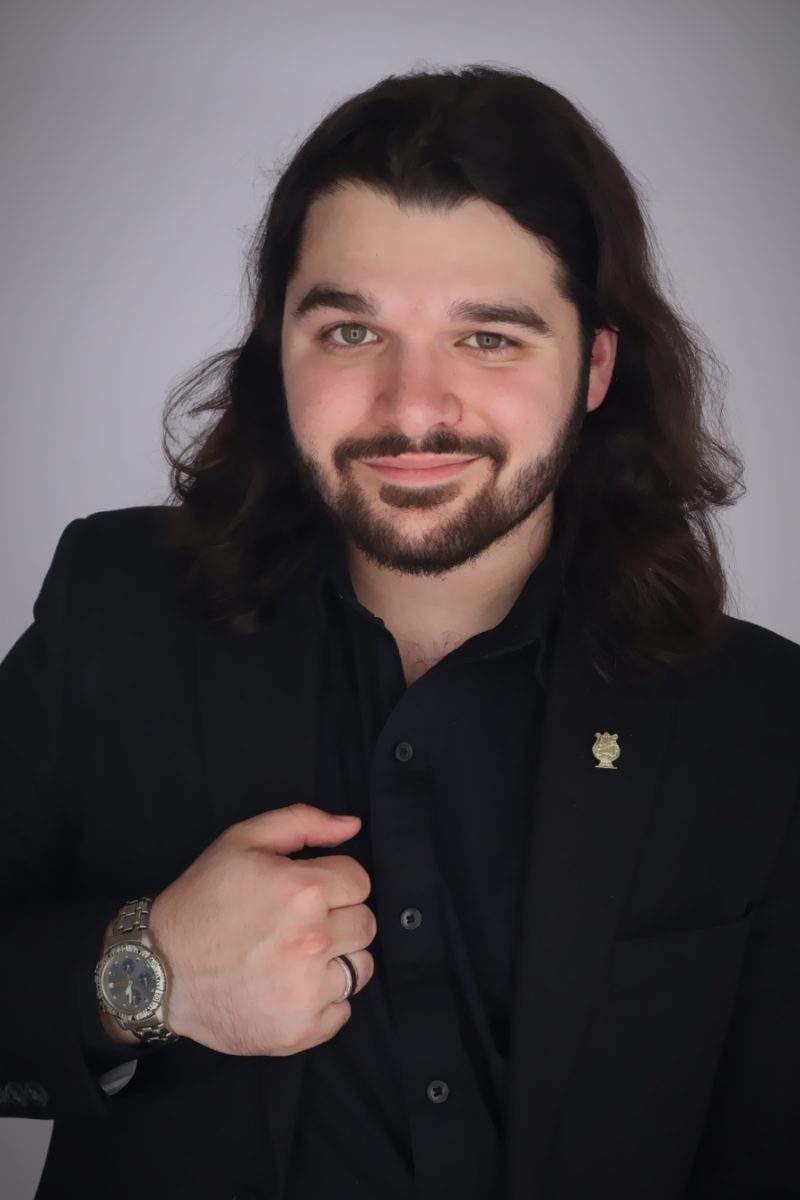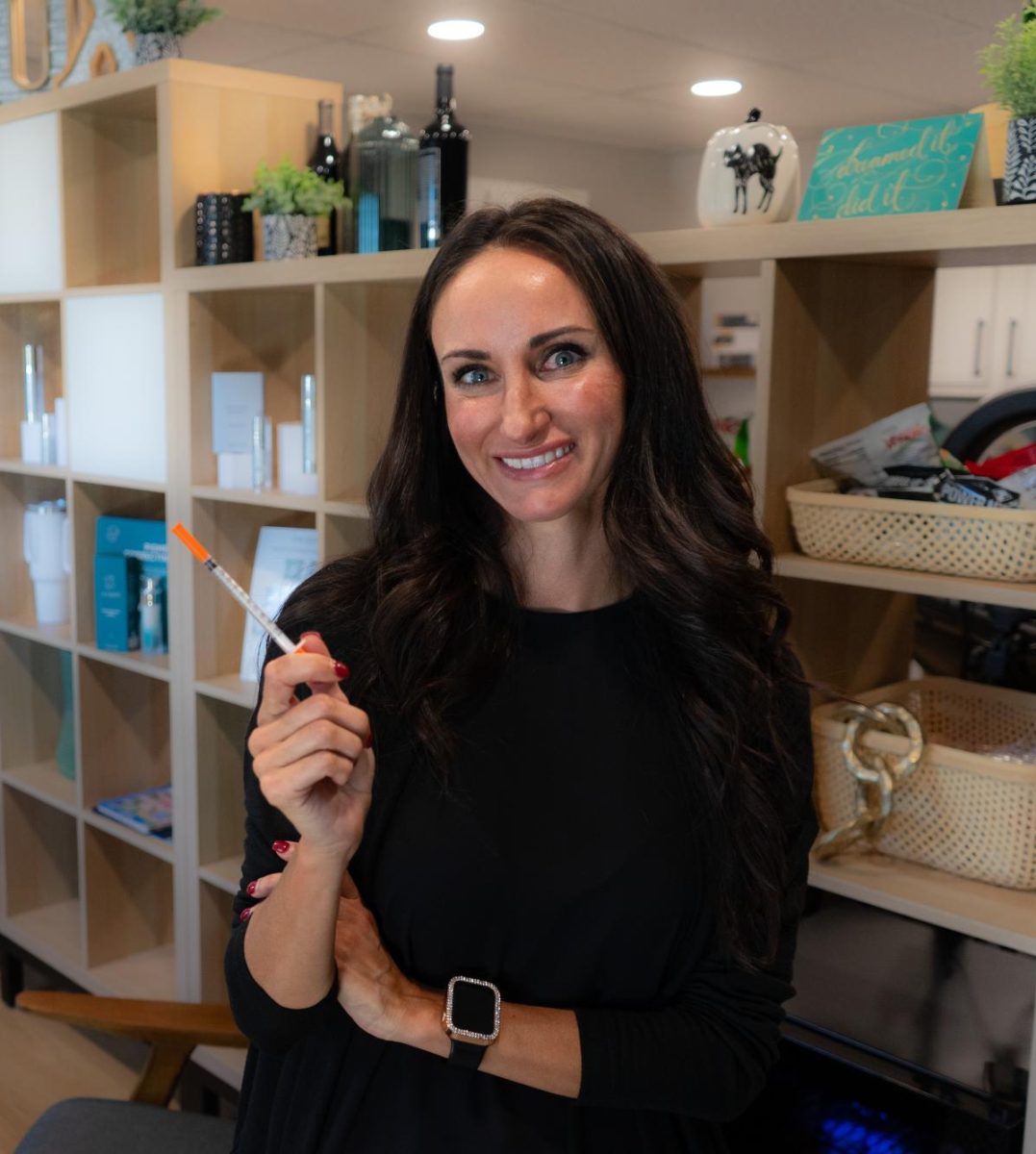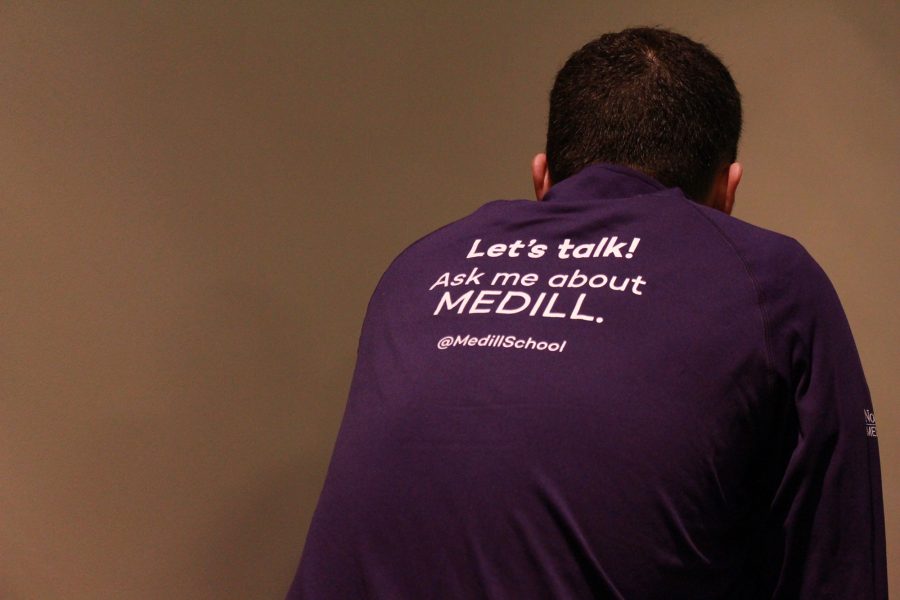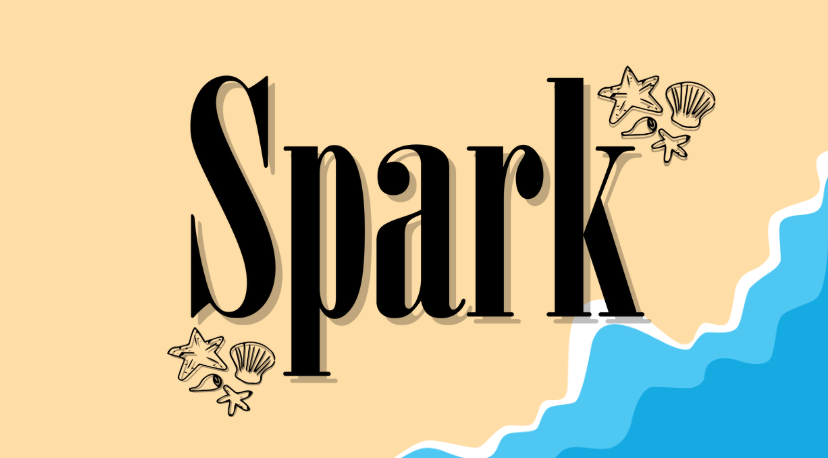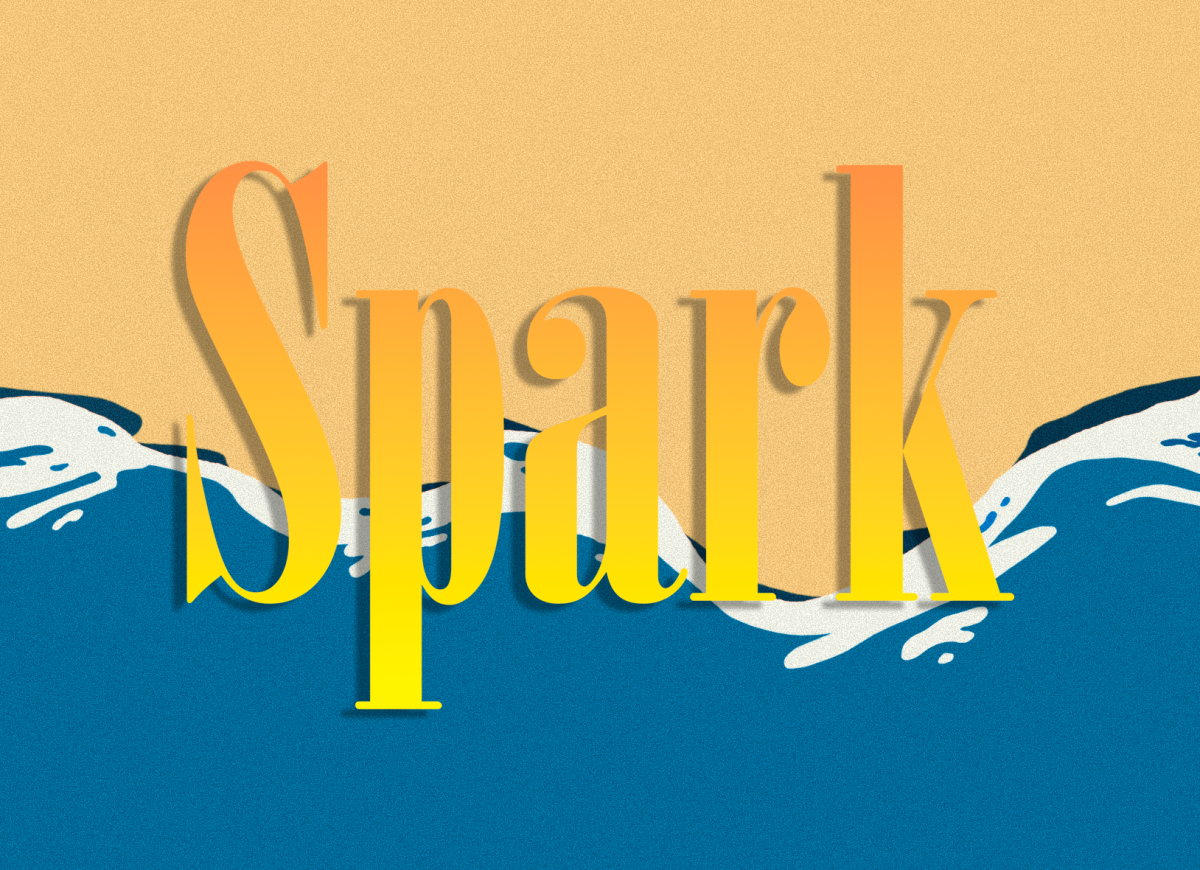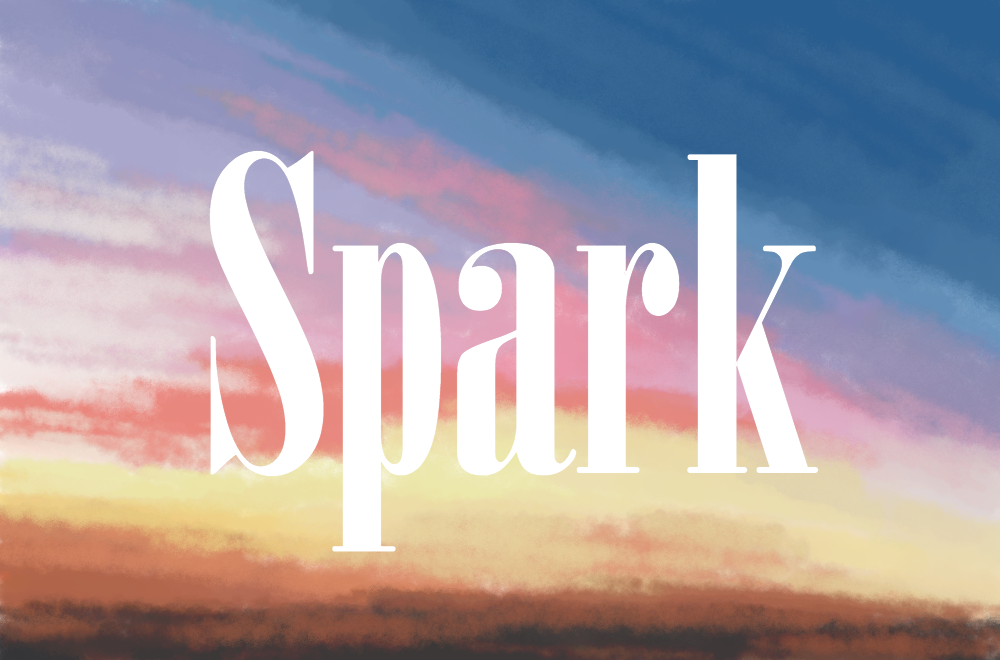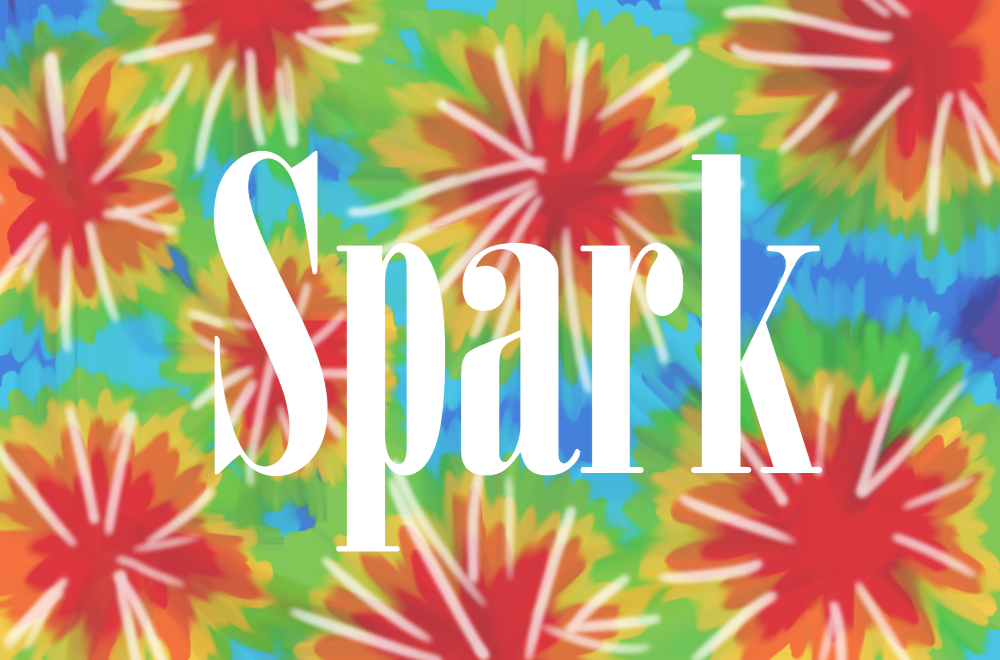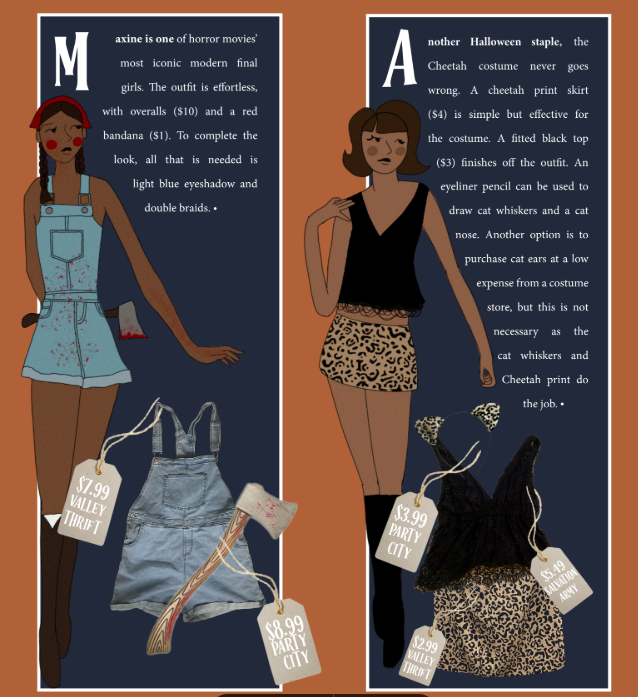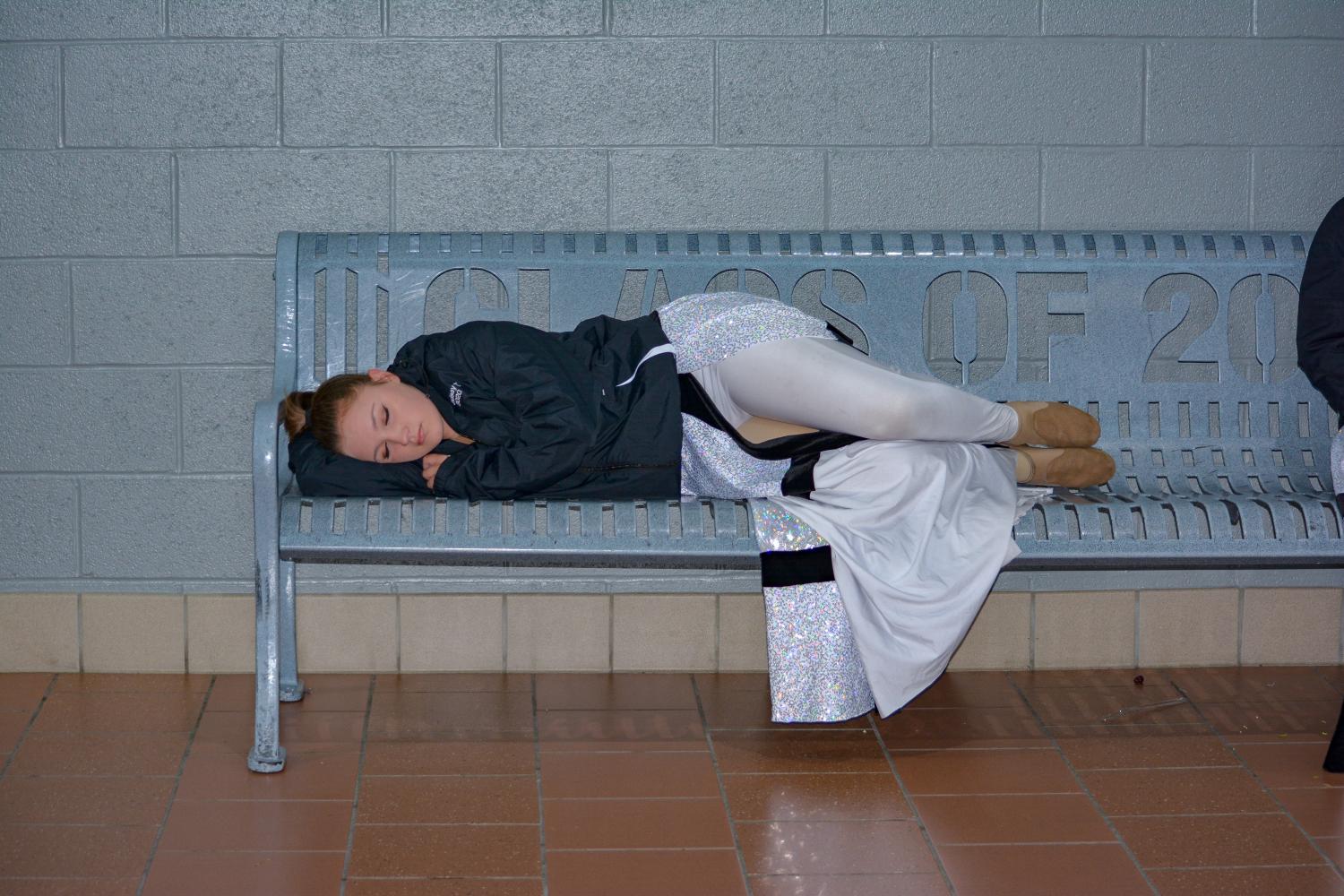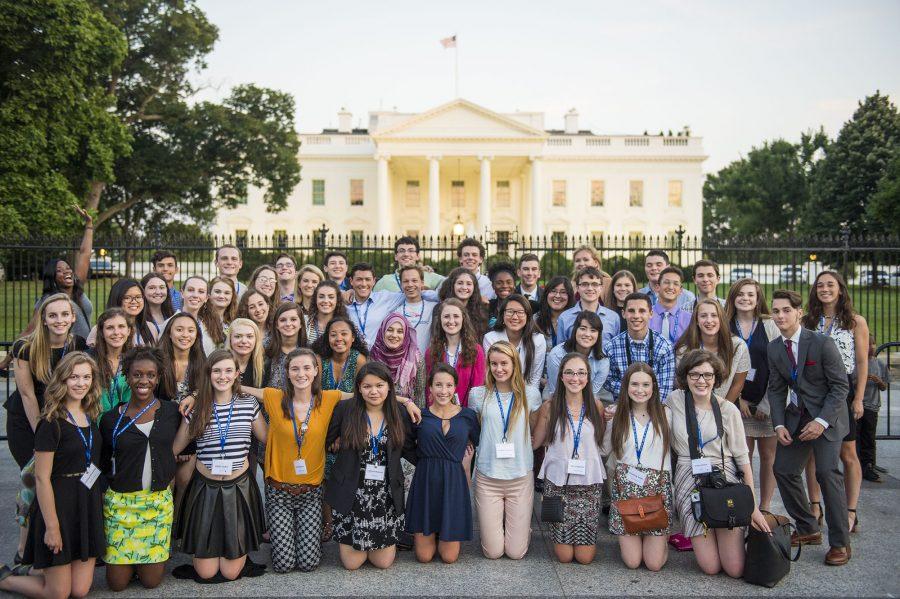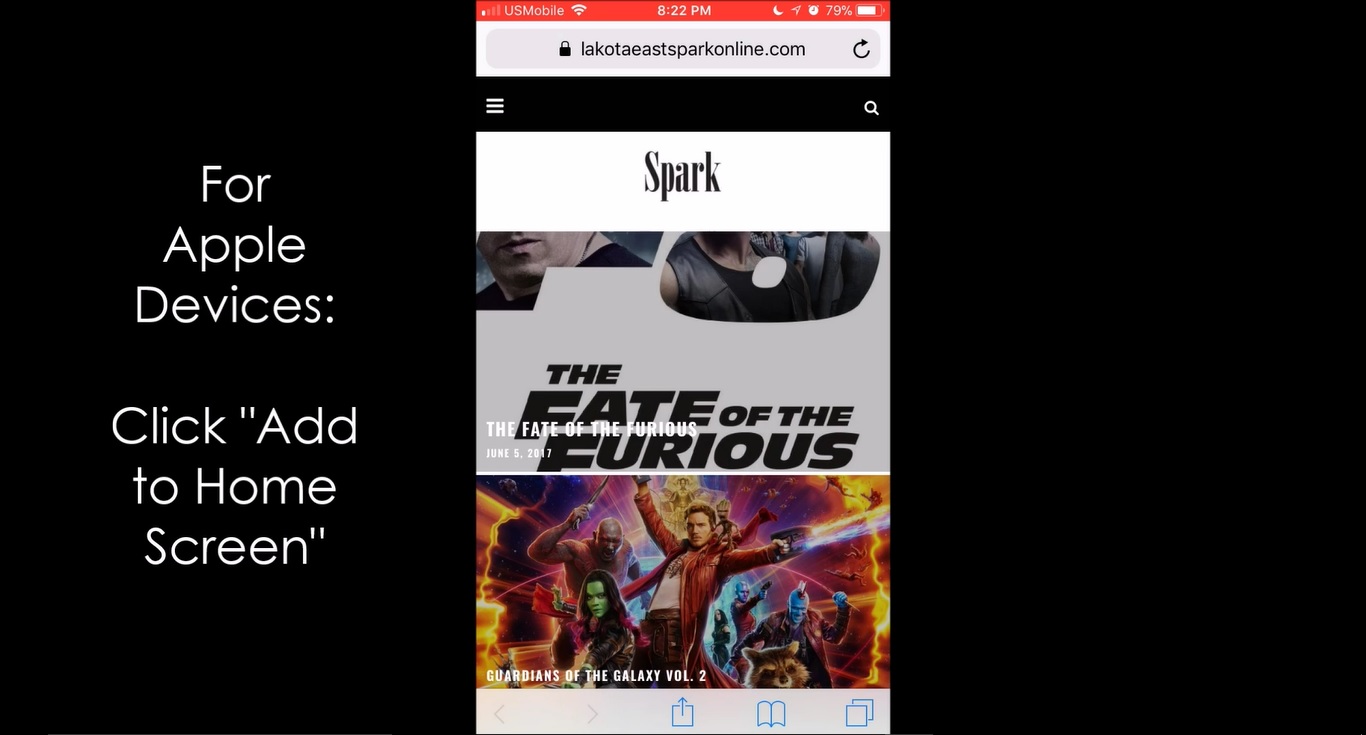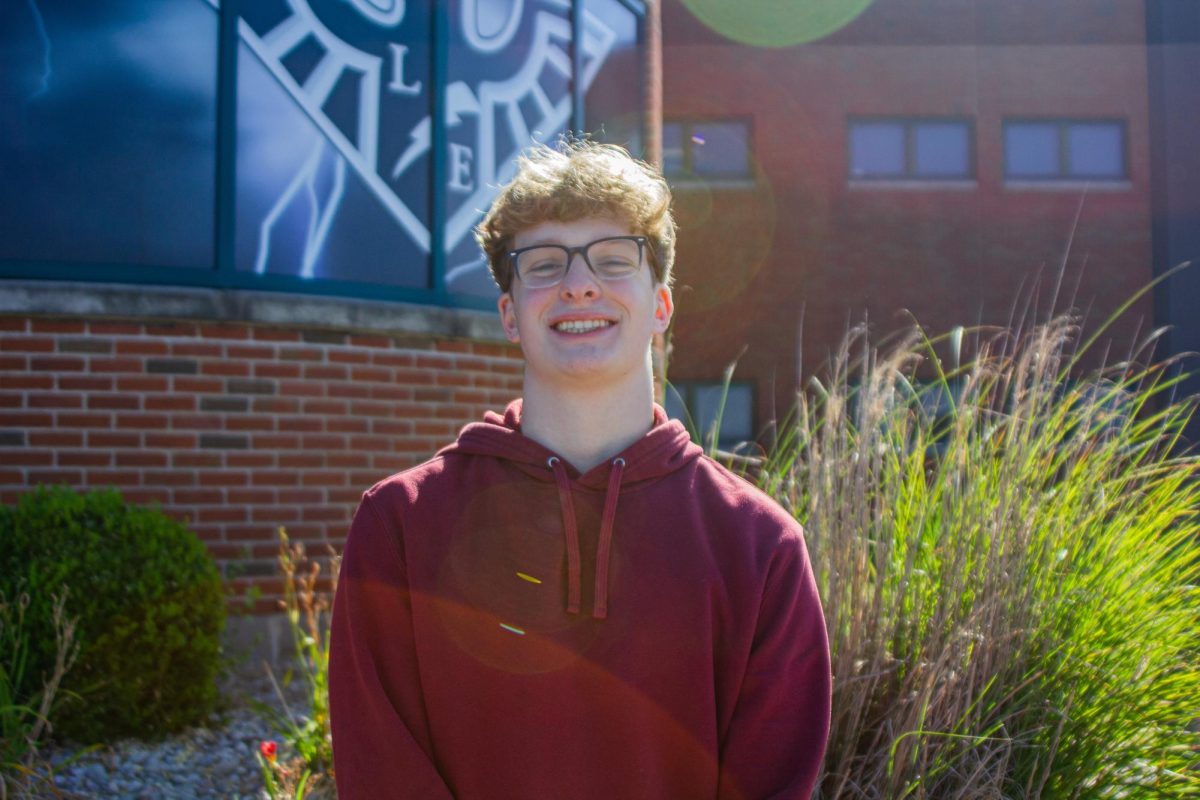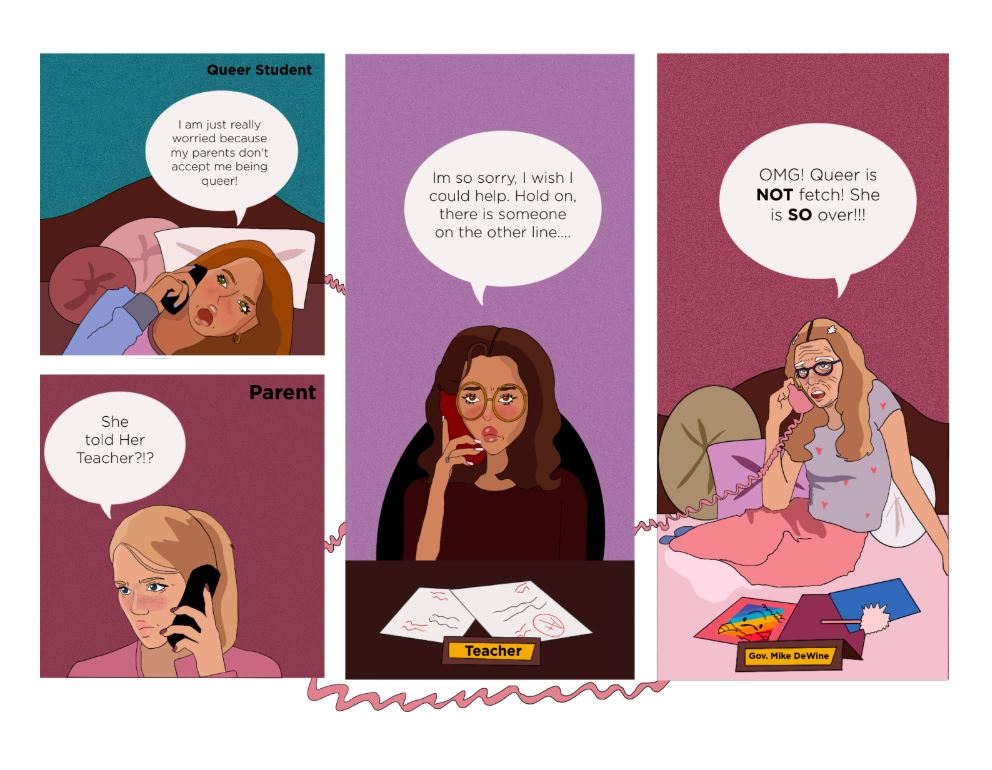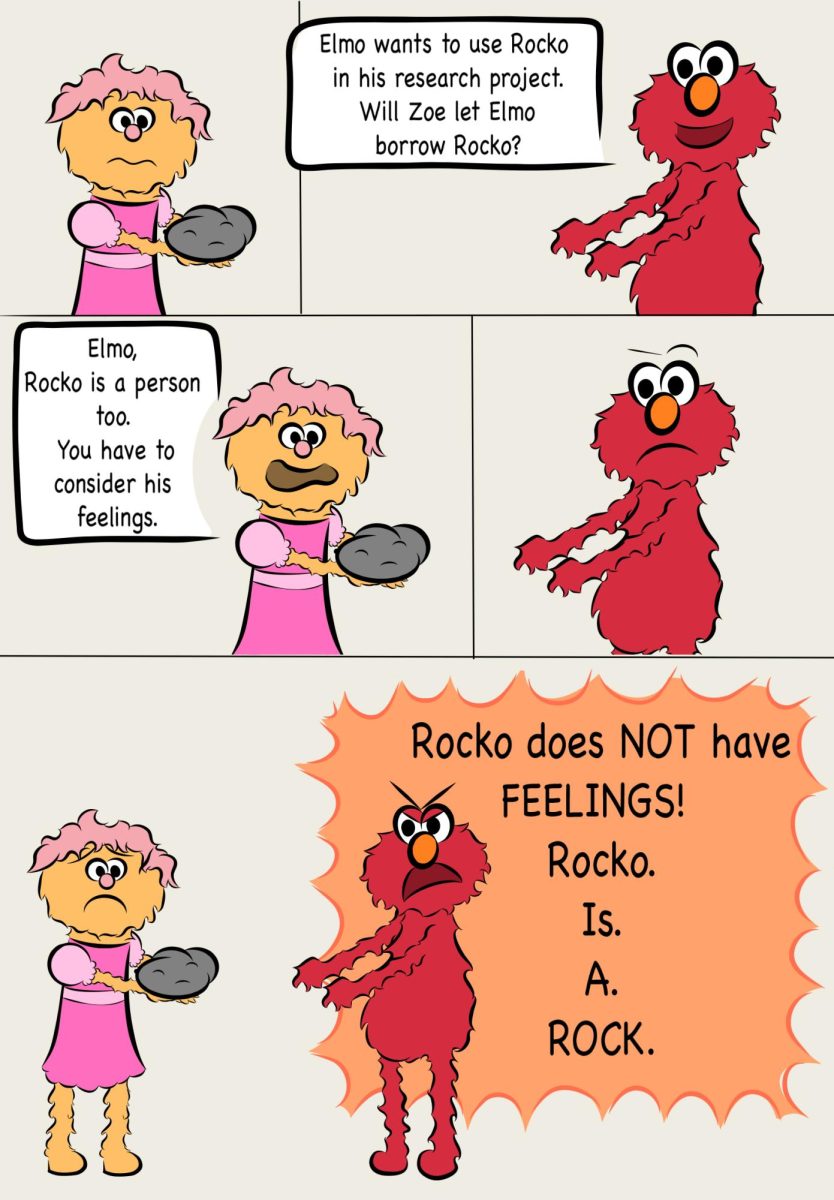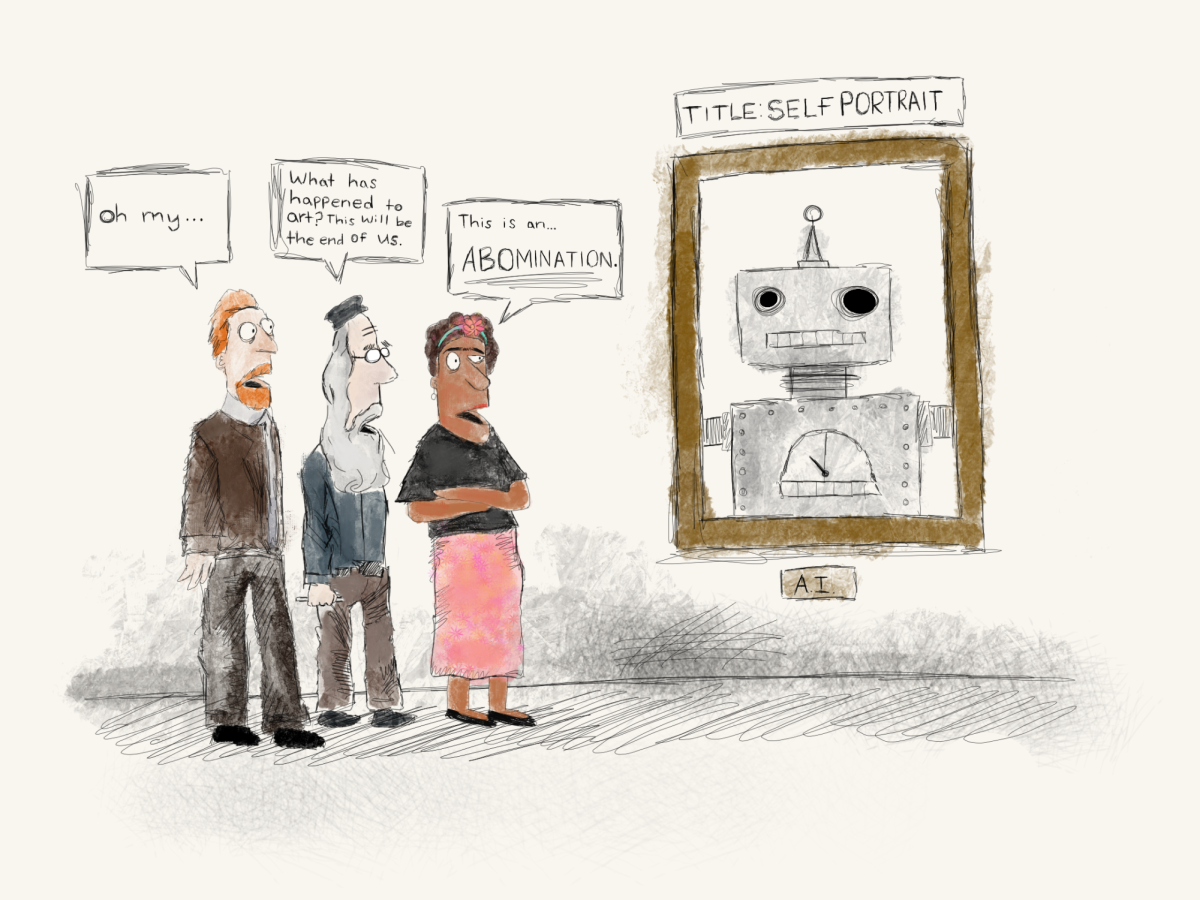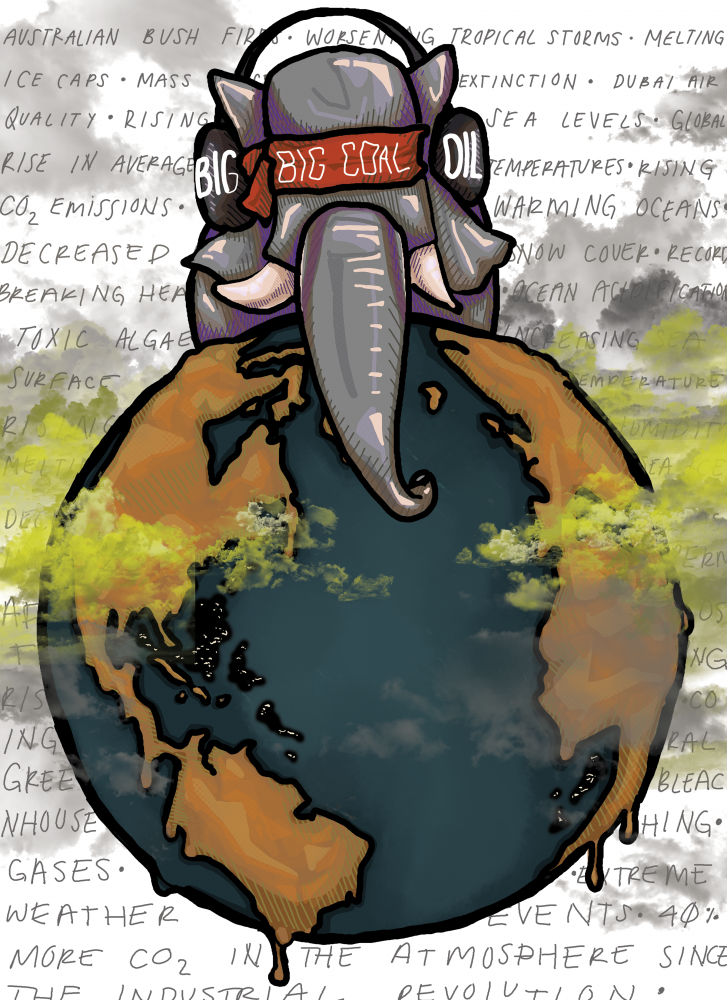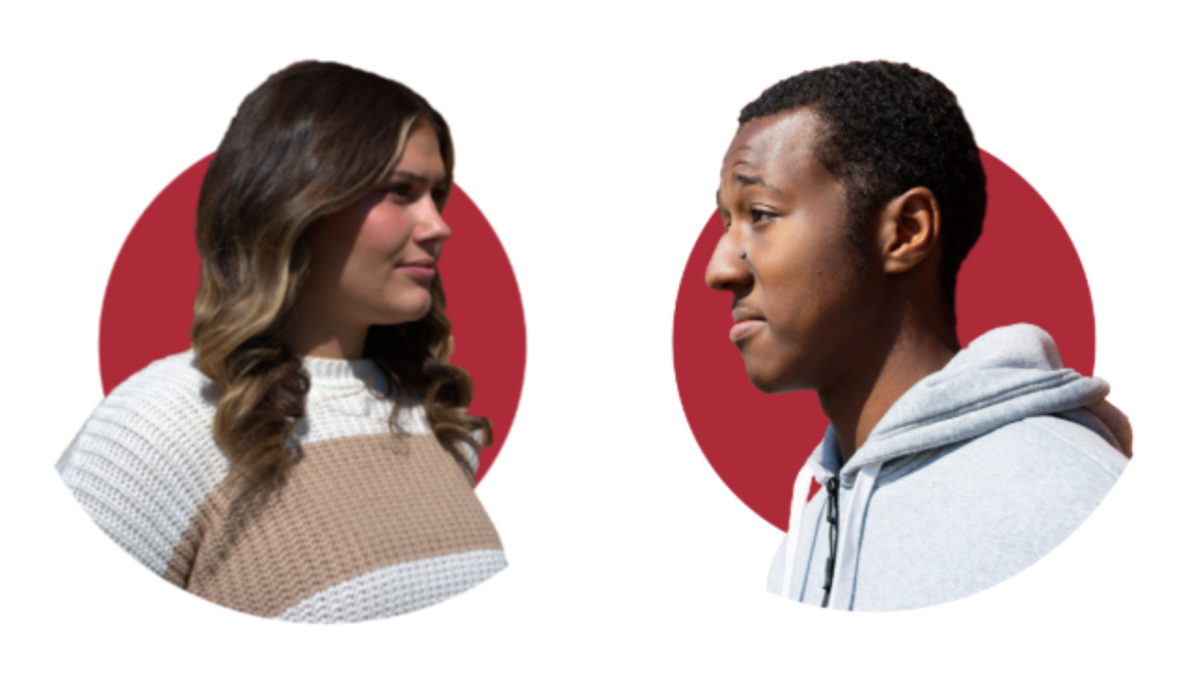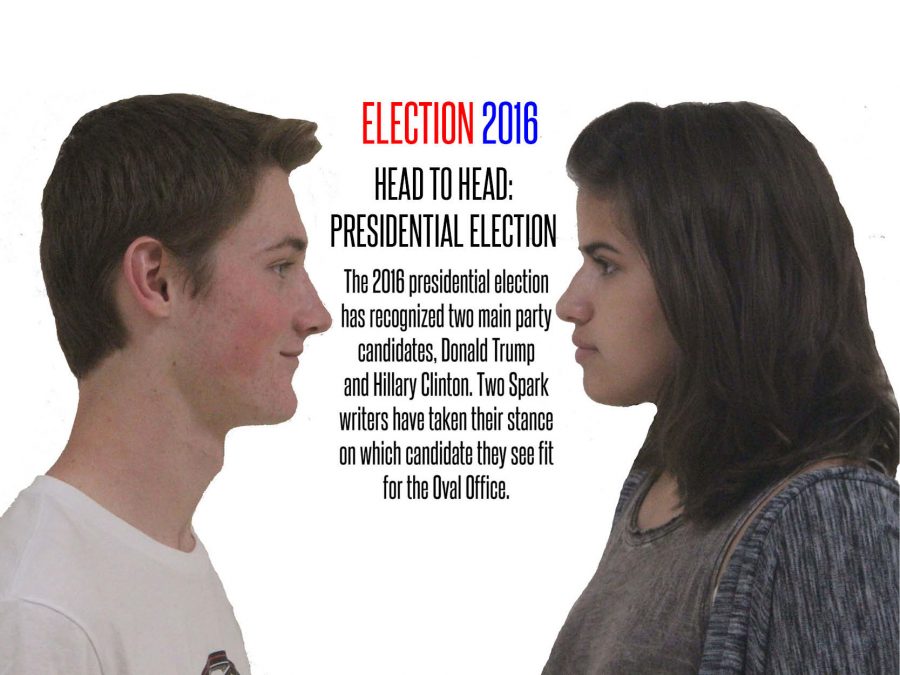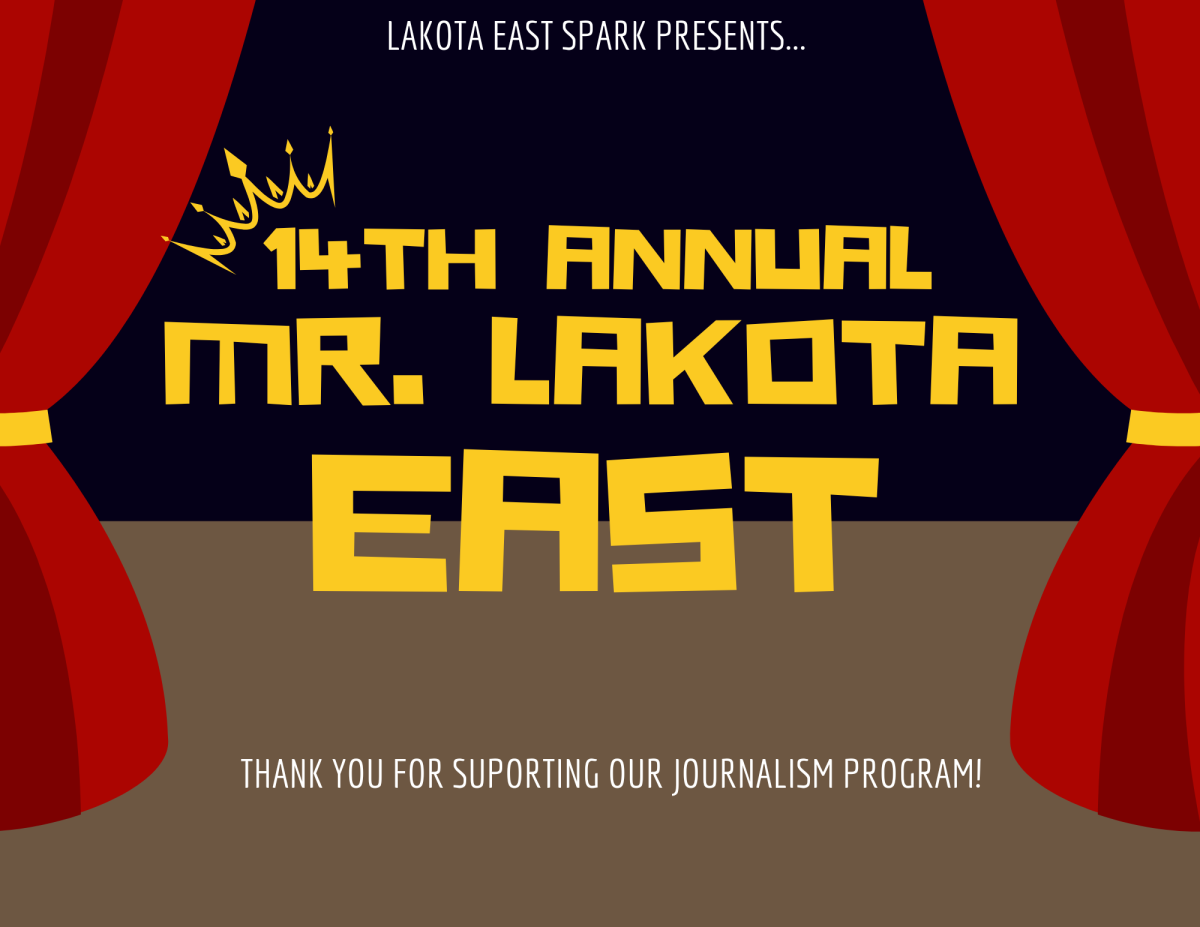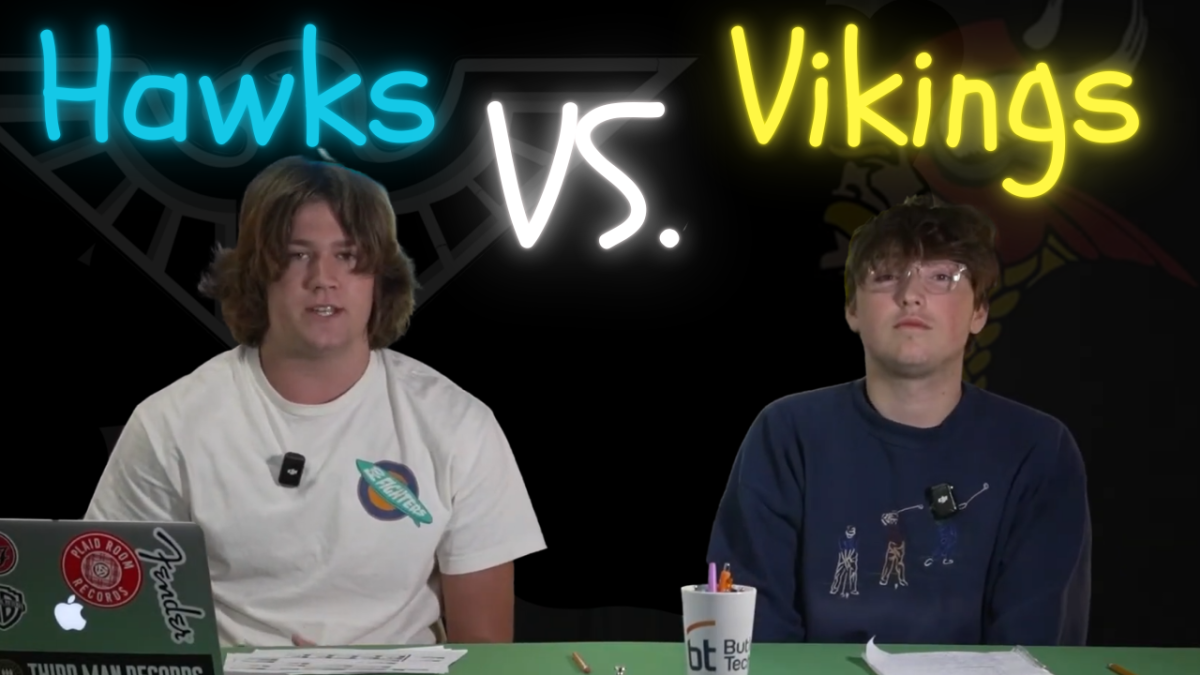Since social media broke onto the scene, there has been a dilemma regarding the regulation of how it is used. Continued debates over this topic have left it largely unregulated. Now, the CEOs of Silicon Valley are making big decisions over what is and is not censored on their platforms.
In 2022 Elon Musk clumsily took over control of the media platform Twitter, now known as X. Since then, he has opened a can of worms that has allowed hate speech to run rampant.
As soon as Musk took over, he began laying off employees to cut costs for the business. According to CNN, in total, he laid off 80% of X’s workforce. This included many members of the content moderation team.
The Center for Countering Digital Hate conducted a study in which 300 posts containing hate speech from 100 different accounts were reported for violating X’s policy on hate speech. A week later it was found that 86% posts containing hate speech and 90% of the accounts which posted it remained up on the platform. The posts that remained up shared hateful sentiments of racism, holocaust denial, and idolization of Hitler.
Musk’s championing of the platform as a public square for free speech may lead one to believe he is against censoring anything, but this is simply not the case.
The phrase “from the river to the sea” has a particular strength when it comes to the Israel v. Hamas war. The Palestinian people and pro-Palestine activists have used it to call for the freedom of the Palestinian people from the occupation of Israel.
Musk and many Israelis have misconstrued the phrase as genocidal, and on Nov. 17, 2023 Musk said that usage of, “from the river to the sea,” would result in suspension. “Clear calls for extreme violence are against our terms of service,” Musk posted. This is the same Musk who created a system which permits a post which labeled Hitler as, “a hero who will secure the future for white children,” to remain on his platform.
This hypocrisy is part of the reason the world has become so politically polarized. X has essentially provided a platform where those on the most dangerously extreme ends of the political spectrum can spread their message.
While social media conglomerate Meta has done a far better job suppressing hate speech on their platforms (Instagram, Facebook, and Threads), they have made a big misstep when it comes to censorship in a different avenue.
Meta implemented a setting, which is enabled by default, that limits content deemed too political from accounts users do not already follow. Meta defines political content as, “likely to mention governments, elections, or social topics that affect a group of people and/or society at large.” They made this drastic change with little warning.
This setting, limiting political content to accounts users already follow, leads people further into the echo chambers that have damaged the political landscape of today. Whether or not people should be using social media as a news source is a completely different discussion, but one thing remains true: they do. A 2023 Pew Research Center study found that 50% of adults sometimes or often get their news from social media.
Many accounts instantly saw a downturn in impressions. The @Feminist account on Instagram, which posts information regarding abortion and women’s rights, found that the reach of their page plummeted from 10 million users down to 800,000 users, according to the Washington Post.
In an election year, this move severely limits social media’s power as a campaign tool. Limiting voters’ access to political content would make them less educated when it comes to major political issues, this is especially troubling in an election where social issues will inevitably be the deciding factor.
Social media gives way for information of any kind to be spread faster than we have ever seen before in history. If the platforms continue to allow hate speech to proliferate, the world will ultimately become more hateful. The way censorship and moderation is currently enforced allows higher ups to push a certain political agenda. This will continue to push people to further and further extremes.
While government intervention is not the preferred option for social media whatsoever, it seems that the situation is too far gone to expect that Elon Musk or Mark Zuckerburg will do anything substantial to stop it.
